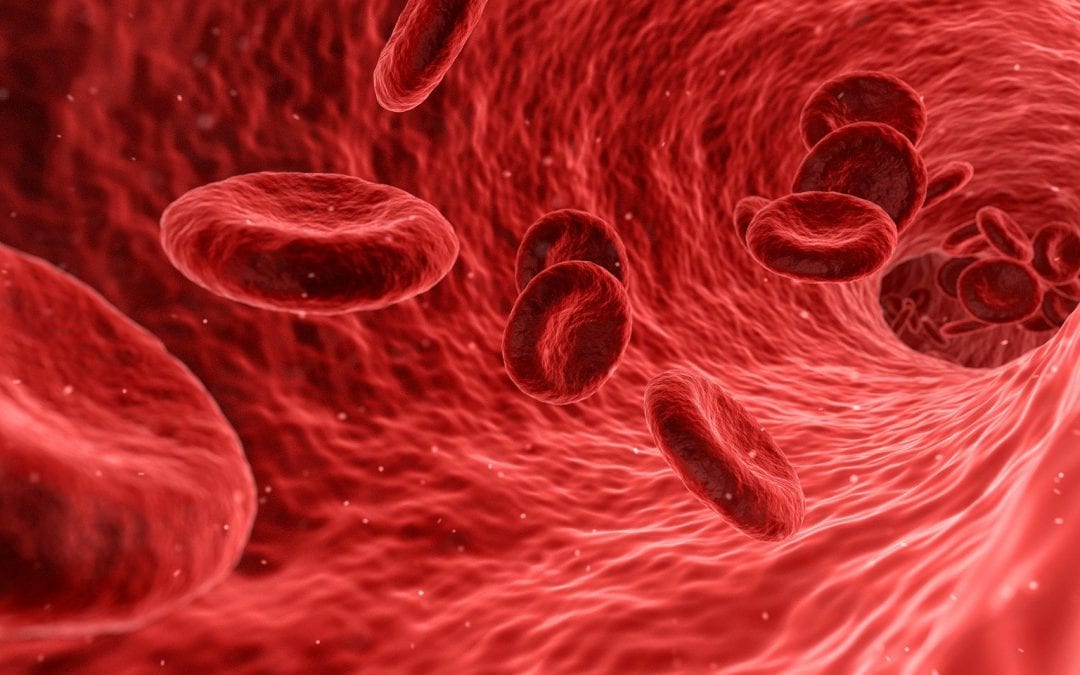Moderate alcohol consumption has been associated with a decreased risk in cardiovascular disease. But there is still limited research on the relation between alcohol consumption and the risk of blood clot formation in veins, also called venous thromboembolism. A recently published meta-analysis1 finds a small decreased risk for low to moderate alcohol consumption.
What is already known? Low to moderate alcohol consumption has been associated with a decreased risk of cardiovascular disease2, including a lower risk of blood clot formation in arteries3. There is less research towards the relation between alcohol consumption and venous thromboembolism. Some studies have found reduced risk with higher alcohol consumption, others find a J-shaped relation or no association. The latest published meta-analysis found no relation.4
What does this study add? The current meta-analysis includes 14 cohort and 4 case-control studies with more than 750,000 participants in total. It also looks at the different types of alcoholic beverages and gender.
Decreased risk with moderate alcohol consumption
Compared with non-drinkers, the risk to develop venous thromboembolism decreases with 9% for people with low to moderate alcohol consumption, here defined as less than 14 drinks a week. This lower risk is present for both men and women. There is no significant association with higher alcohol consumption.
Beer, wine and spirits
The authors try to find out whether the effect is the same for all alcoholic beverages. Results are inconsistent. Data show that compared to non-drinking, overall beer consumption is statistically significant associated with a lower risk of venous thromboembolism. No association is present for wine and liquor. The authors say liquor might even slightly increase the risk but this is not statistically significant.
Venous thromboembolism
Venous thromboembolism is a condition in which a blood clot forms in a vein. This often happens in the deep veins of the leg, groin or arm and can travel in the circulation, eventually getting stuck in the lungs. About 25-40% of the cases of venous thromboembolism have an unknown cause. Lifestyle may play an important factor, such as a lack of physical activity and smoking.
Strengths
- Meta-analysis
Shortcomings
- Not accounted for ex-drinkers
- Alcohol consumption is per week: drinking pattern not included
References
- Zhang, X., Chen, X., Yang, J., Du, L., Zhou, Y., & Li, K. (2021). Meta-analysis of alcohol consumption and venous thromboembolism. Journal of Public Health.
- Ronksley PE, Brien SE, Turner BJ et al. (2011). Association of alcohol consumption with selected cardiovascular disease outcomes: a systematic review and meta-analysis. BMJ, 342:d671.
- Lee, K. W., & Lip, G. Y. (2003). Effects of lifestyle on hemostasis, fibrinolysis, and platelet reactivity: a systematic review. Archives of internal medicine, 163(19), 2368-2392.
- Chen, M., Ji, M., Chen, T., Hong, X., & Jia, Y. (2020). Alcohol consumption and risk for venous thromboembolism: a meta-analysis of prospective studies. Frontiers in nutrition, 7, 32.

